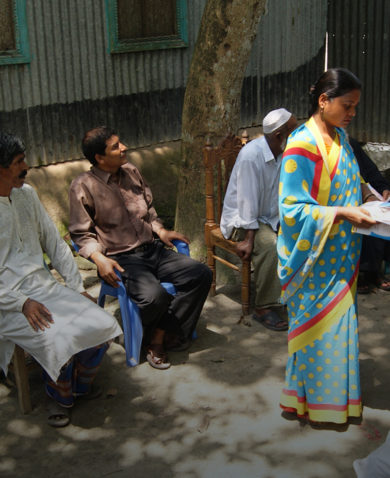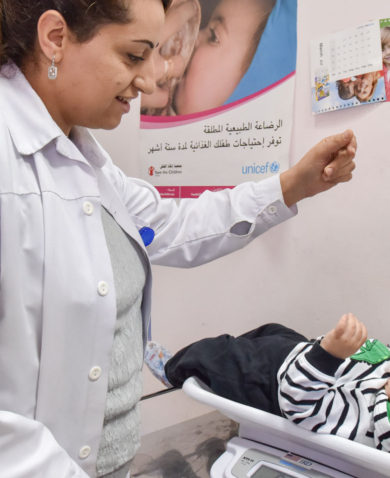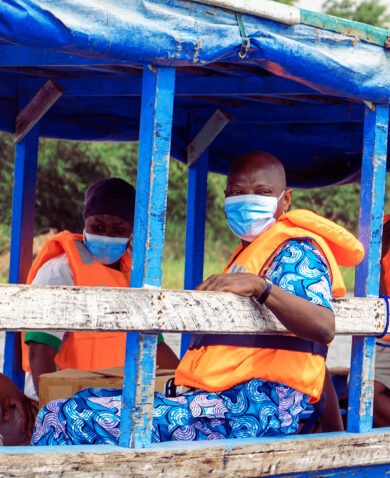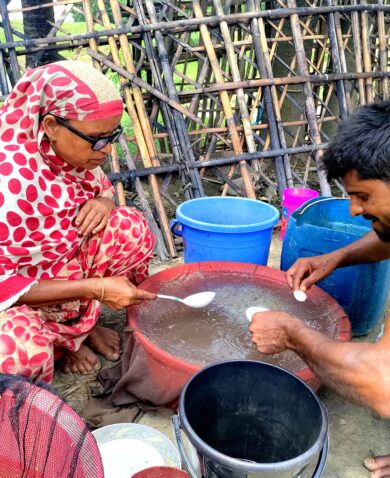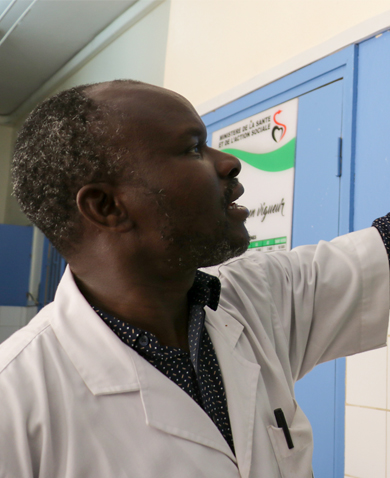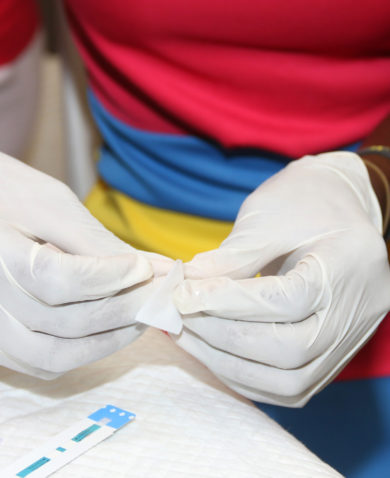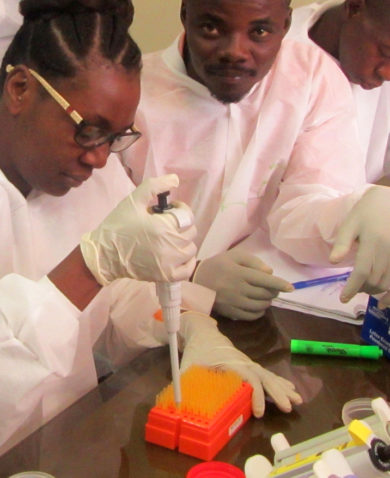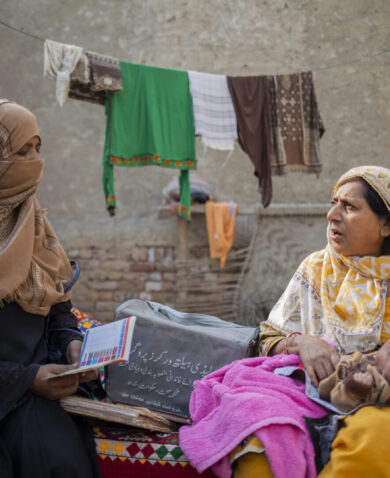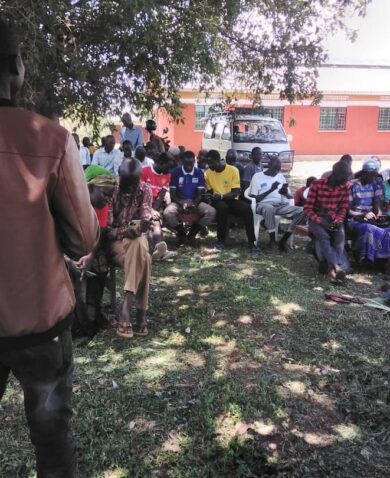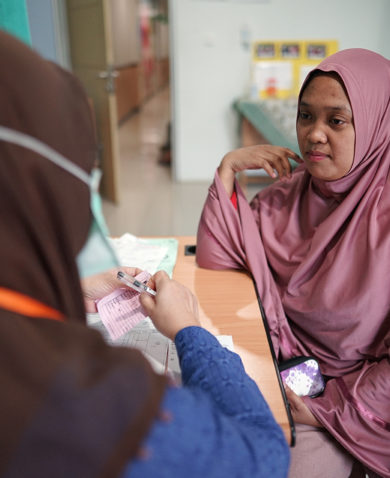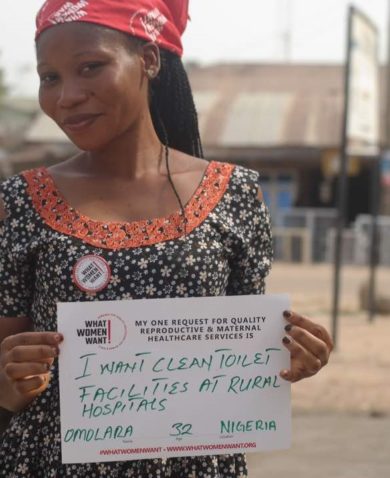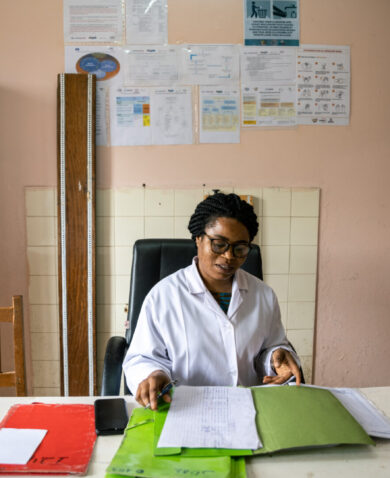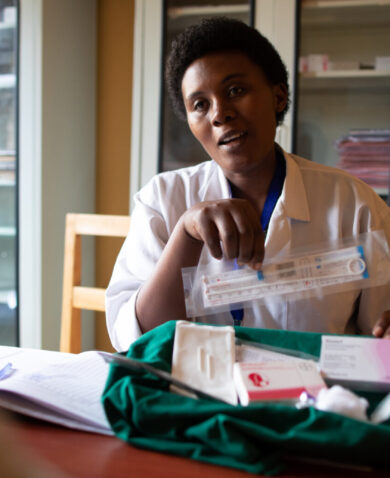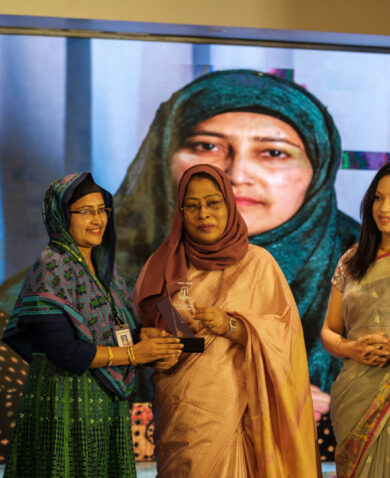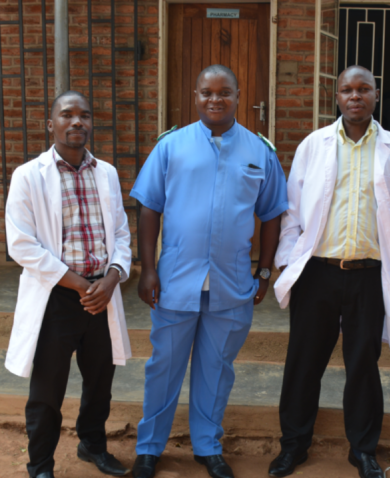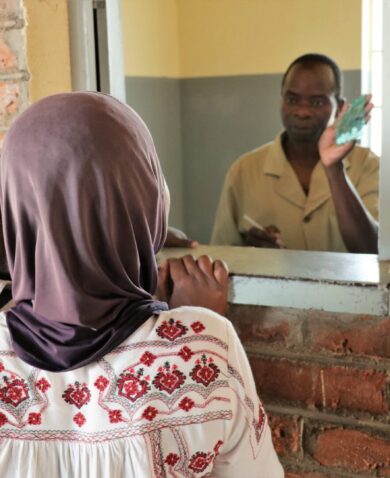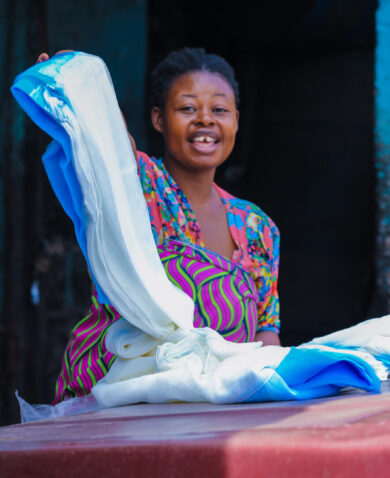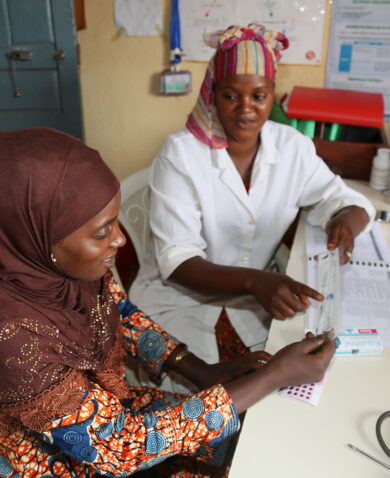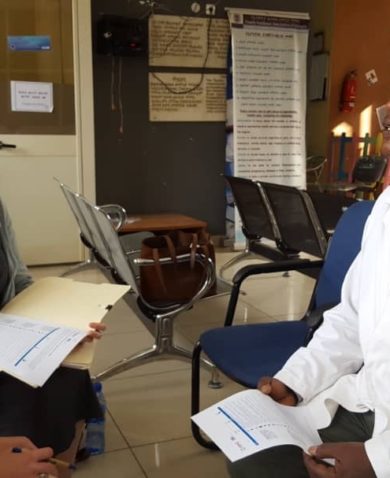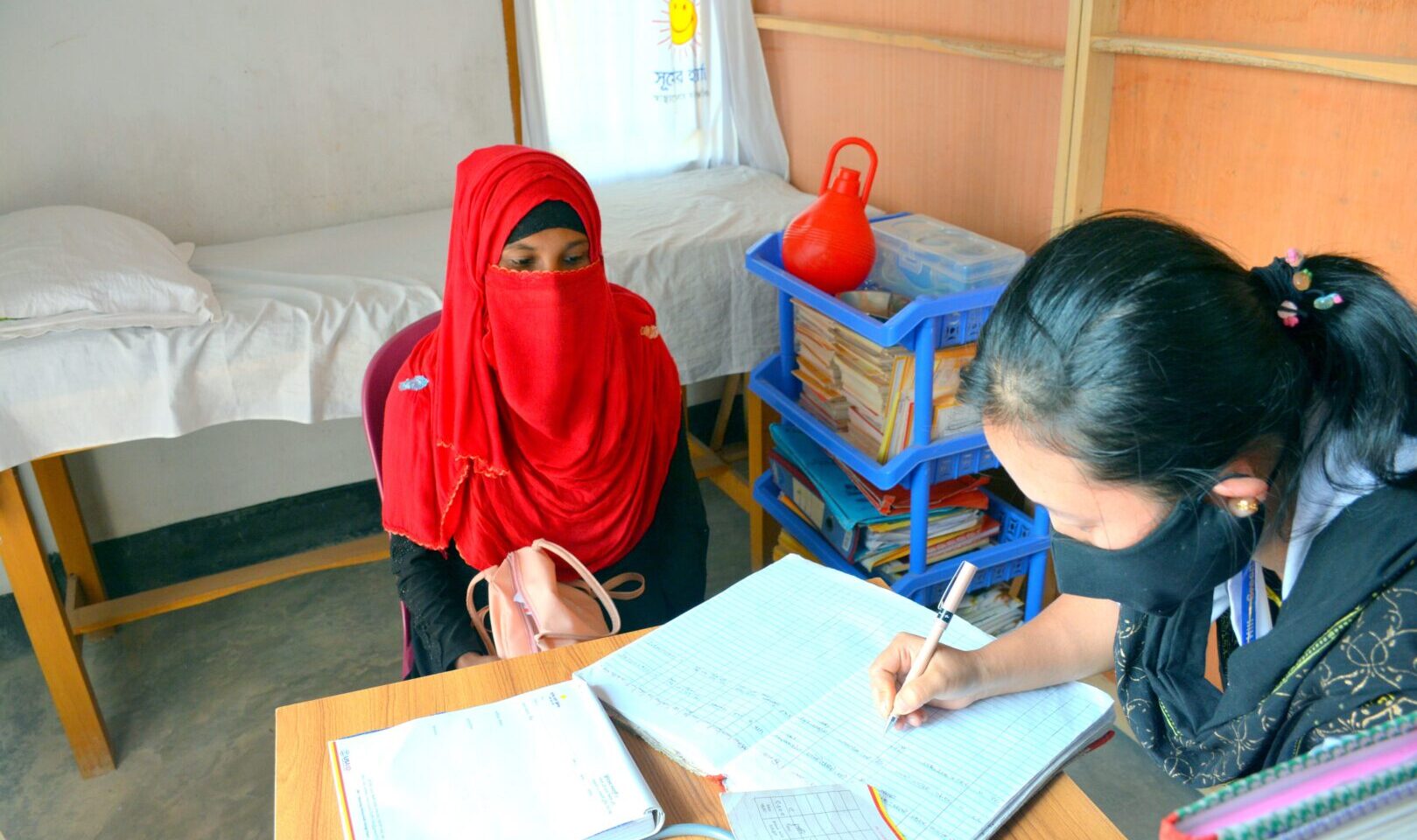
Women Health Clinic Managers in Bangladesh Model Strong Leadership .
March 27, 2024These five top-performing female clinic managers serve as exemplary women leaders in Bangladesh’s healthcare sector.

Between 2017 and 2023, Chemonics implemented the USAID Advancing Universal Health Coverage (AUHC) Activity in Bangladesh, which was designed to transform the Surjer Hashi Network (SHN)— formerly known as Smiling Sun—into a sustainable, gender-sensitive, and pro-poor social enterprise to provide quality and affordable health services. The AUHC Activity contributed to the Government of Bangladesh’s universal health coverage commitments by supporting the health needs of low-income families, particularly through improved, high-quality maternal and child health, nutrition, tuberculosis, noncommunicable diseases, and family planning services; and ensuring effective access to health services for urban and remote populations, particularly women, adolescents, and children.
In honor of International Women’s Month, the AUHC Activity interviewed five top-performing female clinic managers from SHN who serve as exemplary women leaders in Bangladesh’s healthcare sector. With gender inequality, especially in the workplace, being a significant issue around the world, these stories highlight the possibilities for change. These women have become leaders in their communities, persevered through cultural barriers, made tremendous contributions to Bangladesh’s health system, and continue to inspire women to progress in their careers.
Changing Perceptions of Women in the Workforce
When Rebecca Sultana became a manager at the Tajhat Clinic in Bangladesh, she faced several challenges as a woman in this leadership role. Many community members, unaccustomed to seeing a woman in a managerial role, refused to speak with and acknowledge her as the clinic manager.
“Despite the modernization of our society, people are not yet ready to accept a woman as a clinic manager,” says clinic manager Rebecca. “I am mitigating these challenges and seeing people’s views develop.”
Rebecca worked hard prove herself and worked to gain the community’s trust. Through her perseverance, she was able to change people’s perceptions of women in leadership positions and earned the respect of the community.
In Bangladesh, many women are discouraged from entering the workforce due to competing familial obligations. Rikta Roy, a Jatrabari Clinic manager, strives to enable more women to enter the healthcare sector by providing a flexible, supportive atmosphere. Job satisfaction leads to a committed workforce, which has ultimately contributed to the Jatrabari Clinic becoming fully sustainable, achieving cost recovery of 120% in 2023 compared to 55% in 2019. Cost recovery is net clinic revenue, excluding milestone payments upon achieving defined objectives and other donor revenue, divided by total clinic operating expenses.
Rikta has formed a strong relationship with the local government and tracks the clinic’s progress towards achieving critical milestones by displaying quarterly graphs on her office wall. She believes that female clinic managers are essential for SHN clinics because female clients feel comfortable with them, which directly impacts client retention.
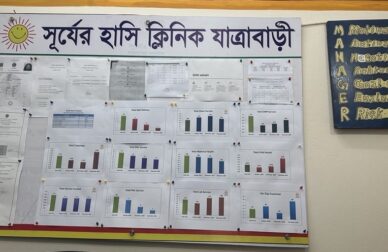
Building Trust through Strong Relationships and Hard Work
When Afsana Khatun became a clinic manager in 2006, the cost recovery of Bagerhat Clinic was about 10%. She built strong relationships with her team and encouraged all staff to work together to achieve their cost recovery goals. She also developed strong relationships with local government and health care partners within her community. The civil surgeon, who is the highest-ranking medical administrator in her district, now refers patients to the SHN Bagerhat clinic. With Afsana’s leadership skills and dedication, the clinic achieved 150% cost-recovery in 2023.
Afsana has transformed the clinic to ensure community members have access to quality health care. She is deeply invested in her patients and believes that patient follow-up and promotional activities are the most impactful tools for building a positive perception of SHN clinics. She routinely follows up with her patients by phone to ensure they are receiving quality health care services. Within her clinic team, Afsana emphasizes the importance of doctors maintaining a positive relationship with their patients, which increases client retention. She also encourages young generations to work hard and choose health care as a career because it has many opportunities for advancement. She serves as a role model for young women, proving that hard work and dedication, and taking the time to build relationships with colleagues, partners, and patients, can pay off in achieving leadership roles.
“Women play a vital role in the development of Bangladesh,” says clinic manager Afsana Khatun. “Our prime minister is a woman, the CEO of Surjer Hashi Network is also a woman, and as a woman, I am a clinic manager. Women have an undeniable contribution to health.”
To attract more clients, Sultana Begum, a Sylhet Clinic manager, partners with regional pharmaceutical companies and conducts campaigns to disseminate health awareness information among student communities. She organizes free health camps, visits clients’ homes to raise awareness of SHN’s health services and has built relationships with local government stakeholders which has enhanced SHN’s reputation within her community. She also shares performance expectations with staff. “We discuss who needs training and who will perform what duties,” she says. “At the end of the day, we will analyze who did what and review individual staff performance.”
Rowshon Ara Khanom, a Manikdi Clinic manager, believes that women clinic managers play a critical role in the healthcare system since they are easily able to foster connections with female patients and encourage them to visit the clinic for critical antenatal care. Rowshon calls patients to remind them of appointments, keeps track of their vaccination schedules, and assists with overall clinic promotion and client acquisition.
“I follow up with them and ask whether they were satisfied with their services and if they have suggestions for improvements,” says clinic manager Rowshon. “I sit with the patients and motivate them to return to the clinic by informing them that I am there and engaging with them.”
Rowshon uses these interviews to inspire women to pursue health care careers by encouraging them to strive for financial independence.
There are many examples of women’s dedication, perseverance, and achievement within the SHN network, and these five clinic managers exemplify what it means to affect positive change and serve as role models for their colleagues, clients, community, and other women in Bangladesh.







